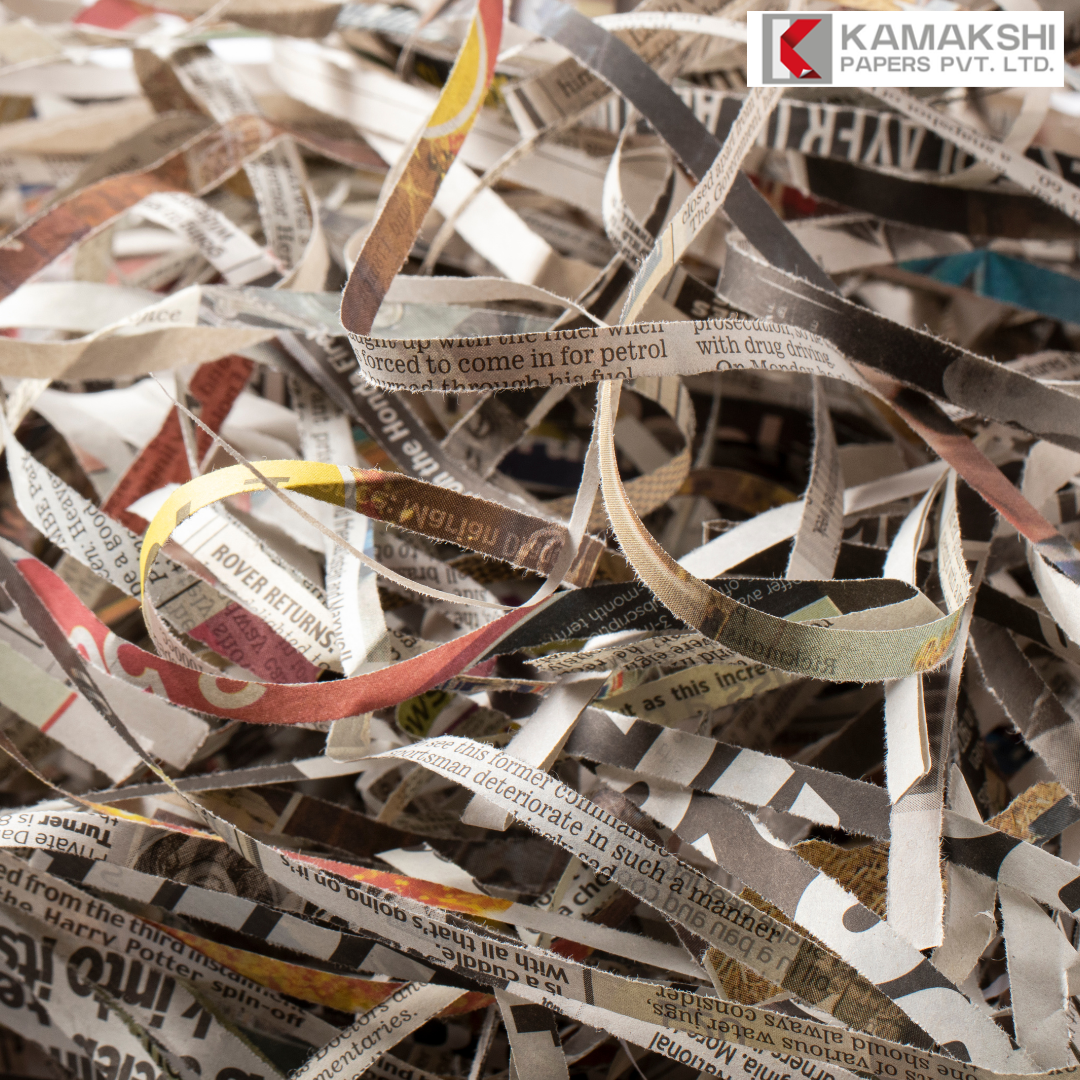The eco-friendly Revolution: Waste paper mills in Jharkhand, Uttarakhand, west Bengal and Haryana.
Overview of waste paper mills in Jharkhand, Uttarakhand, West Bengal, and Haryana
In recent years, the demand for eco-friendly practices and sustainable solutions has become more urgent than ever. One industry that has risen to the challenge is the waste paper mills in Jharkhand, Uttarakhand, West Bengal, and Haryana. These mills play a crucial role in recycling paper waste and reducing the burden on our environment. By learning more about the processes and technologies utilized in waste paper mills across these states, we can gain valuable insights into the eco-friendly revolution that is taking place in India.
Importance of eco-friendly practices in the paper industry
The paper industry’s energy-intensive production processes and deforestation are major causes of environmental degradation. The industry must adopt eco-friendly procedures to lessen these adverse effects. Paper waste recycling, resource conservation, and carbon emission reduction are among the key practices of waste paper mills in Jharkhand, Uttarakhand, West Bengal, and Haryana. Through their inventive solutions and advocacy for sustainability, these mills established a standard for the entire industry. Using eco-friendly methods helps the environment and encourages a more moral and sustainable method of production. Keep checking back to find out more about the beneficial effects of these initiatives in India’s waste paper mills.
Innovations in waste paper recycling processes
Innovative technologies are revolutionizing the waste paper recycling processes in Jharkhand, Uttarakhand, West Bengal, and Haryana. These mills are investing in state-of-the-art equipment and advanced techniques to enhance the efficiency and quality of paper recycling while minimizing environmental impact. From automated sorting systems to energy-efficient production methods, these advancements are setting new standards for sustainability in the paper industry. By continuously pushing the boundaries of eco-friendly practices, these mills are not only transforming waste management but also inspiring others to follow suit. Join us as we delve deeper into the cutting-edge innovations driving the eco-friendly revolution in the waste paper mills of India.
Economic and environmental benefits of waste paper mills in Jharkhand
Not only are Jharkhand, Uttarakhand, West Bengal, and Haryana’s waste paper mills setting the standard for environmental sustainability, but they are also earning substantial financial rewards. These mills are investing in cutting-edge technologies and contemporary procedures to boost efficiency, lower production costs, and gain a competitive advantage in the market. In addition, recycling used paper products drastically lowers the need for fresh pulp, protecting natural resources and cutting carbon emissions. In addition to encouraging a cleaner environment, this move towards sustainable practices creates chances for economic expansion and employment creation in these areas. Watch this space to find out more about the astounding effects waste paper factories have on the environment and the economy.
Government initiatives and support for waste paper recycling
Government initiatives and support play a crucial role in propelling the waste paper recycling industry forward. In Jharkhand, Uttarakhand, West Bengal, and Haryana, various policies and incentives encourage the growth of waste paper mills. From tax benefits to subsidies for investing in green technologies, the government is actively promoting sustainable practices within the industry. Additionally, schemes for capacity building and skill development are boosting employment opportunities and fostering a skilled workforce in these regions. By aligning with government initiatives, waste paper mills are not only contributing to the environmental cause but also benefiting from a supportive ecosystem that nurtures growth and innovation. Stay tuned for more insights on the collaborative efforts driving the eco-friendly revolution in these states.
Challenges and solutions in the waste paper recycling industry
Despite the government’s support, waste paper recycling faces various challenges in Jharkhand, Uttarakhand, West Bengal, and Haryana. Issues such as inconsistent waste collection systems, limited awareness among the public about recycling, and the lack of standardized recycling processes pose hurdles to the industry’s growth. However, innovative solutions such as community education programs, partnerships with local authorities for efficient waste collection, and technological advancements in recycling equipment are being implemented to address these challenges. By overcoming these obstacles, the waste paper mills in Jharkhand and other states are paving the way for a more sustainable and eco-friendly future. Stay tuned for our insights on how these solutions are shaping the waste paper recycling landscape.
Prospects for waste paper mills in India
Despite the current obstacles, waste paper factories in India have bright futures. Infrastructure for waste paper recycling is becoming more and more important as a result of expanding government initiatives for sustainability and trash management. Stakeholder collaborations, technological innovations, and the emergence of environmentally sensitive consumer preferences are anticipated to propel the industry’s growth in West Bengal, Jharkhand, Uttarakhand, and Haryana. Waste paper mills are expected to be crucial in advancing an environmentally conscious and sustainable future for India, as these states place a high priority on environmental preservation and the concepts of the circular economy. Keep up with the most recent advancements in the recycling of waste paper and its effects on the environment.

